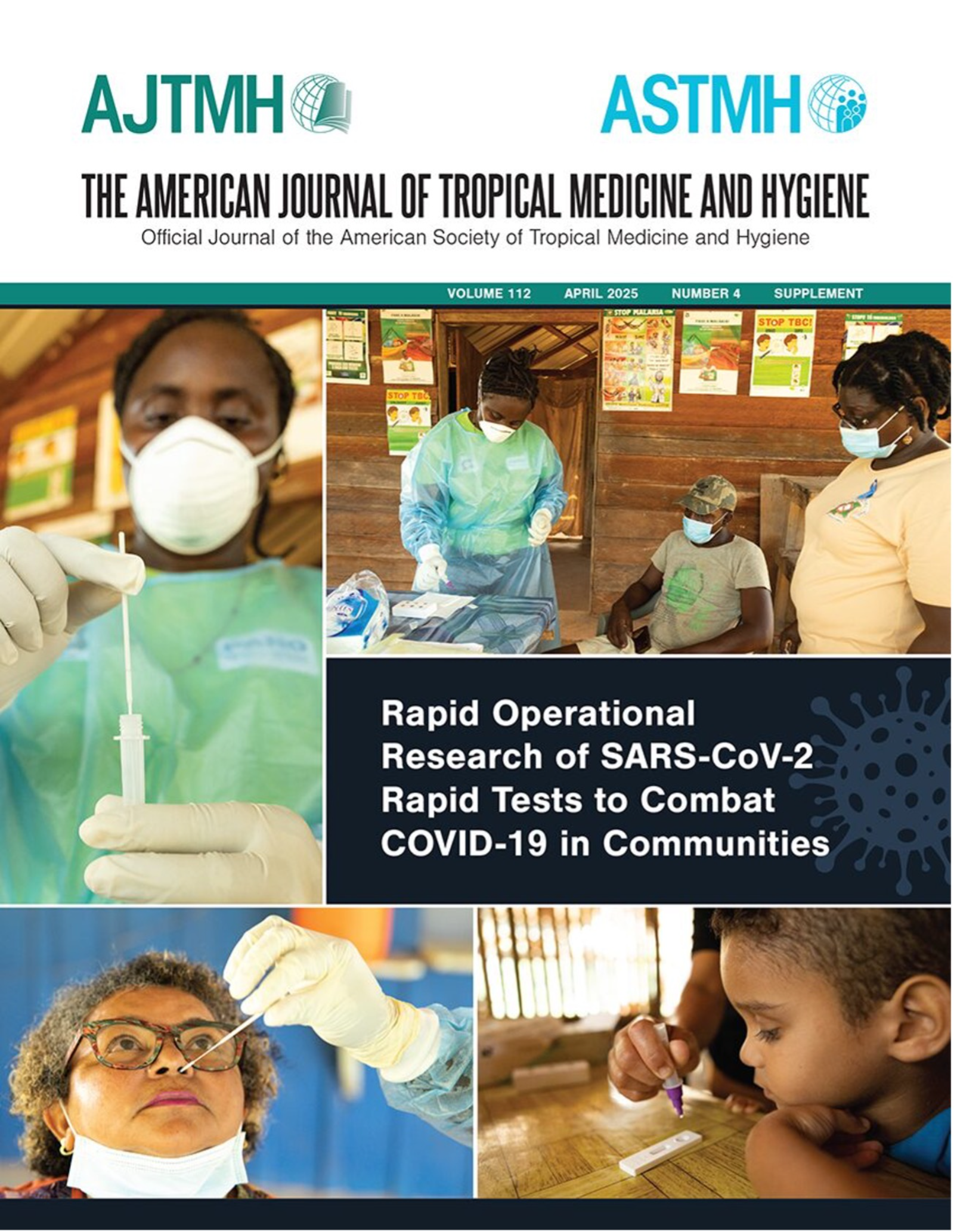Yusra Habib et al.’s scholarly study “Threat of COVID-19 Vaccine Hesitancy in Pakistan: The Need for Measures to Neutralize Misleading Narratives” examines the spread of vaccine skepticism during the COVID-19 pandemic in Pakistan. The authors identify social media as a vector for conspiracy theories that question vaccine quality, efficacy, and necessity. These theories originate notably from a Pakistani political figure who alleged that “the virus was a grand illusion to target Islamic nations” (Khan et al.). Given Pakistan’s fragile healthcare system, dense population, and weak hygiene practices, the study stresses the critical role of vaccines in pandemic control. The authors contextualize vaccine hesitancy within Pakistan’s historical resistance to polio vaccination, warning that similar misinformation could devastate COVID-19 mitigation efforts.
Framed within public narratives surrounding COVID-19, this study highlights the cultural and political dimensions of pandemic misinformation and proposes targeted interventions to counteract it. Strategies include limiting media platforms from amplifying misleading narratives, engaging Islamic scholars to promote preventative medicine within a religious framework, and improving public health education and data transparency. The authors argue that vaccine hesitancy in Pakistan poses a uniquely dangerous threat due to widespread distrust of preventative medicine, but culturally sensitive approaches can mitigate these risks. This research contributes to pandemic narratives by exposing how misinformation shapes public health outcomes and how tailored communication can support recovery.

Image Captions:
Cover of The American Journal of Tropical Medicine and Hygiene.Citation: Khan, Yusra Habib, Tauqeer Hussain Mallhi, Nasser Hadal Alotaibi, Abdulaziz Ibrahim Alzarea, Abdullah Salah Alanazi, Nida Tanveer, and Furqan Khurshid Hashmi. “Threat of COVID-19 Vaccine Hesitancy in Pakistan: The Need for Measures to Neutralize Misleading Narratives.” The American Journal of Tropical Medicine and Hygiene, vol. 103, no. 2, 22 June 2020, doi:10.4269/ajtmh.20-0654. NON-FICTION, SCHOLARLY | PAKISTAN. sm/jb/ig
Source Type: Scholarship on COVID-19 Studies
Country: Pakistan
Date: 10-Jul-2025
Keywords: COVID-19 Vaccine Hesitancy in Pakistan; Conspiracy Theories, Conspiracy Theories, Education Initiatives, Misinformation, Public Narratives, and Religious Health Promotion